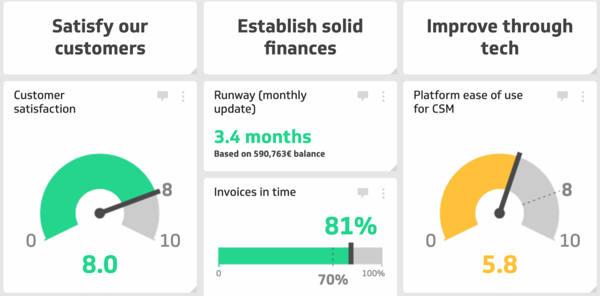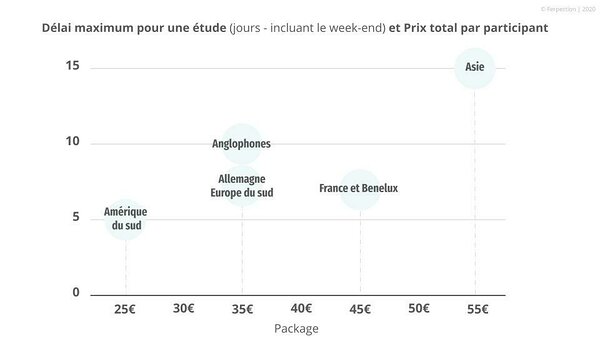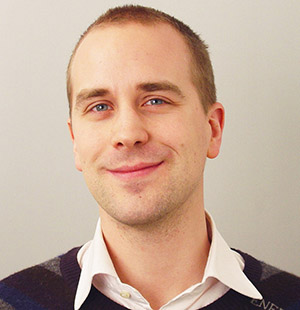January 21, 2021
Become an international player in UX Research: how to build your capabilities and conduct global research?
Our first article on global UX Research covered the process of approaching a new country like China. Then, we took a more general perspective on the specifics of international research.
To close this series, we will take a look at how to develop the required in-house skills for such global projects. As a matter of fact one third of the studies conducted by Ferpection are done outside of France and we wanted to take a step back on this subject.
So, you want to go for international UX research?
As you may have noticed from our previous articles, conducting user studies at a global level often requires a fair amount of blending with various partners. As with a fine wine, this blending represents an expertise gained through experience. You can insource this experience with a learning curve that can be repeated country by country.
You can also outsource this research process without having to worry about being unable to attend interviews on the other side of the world, by videoconference or on site.
How to choose a partner?
The easiest way seems to be for your partner to demonstrate their competence in the field. Yet, this should not be limited to a mere number of users in a given country or countries. Although you cannot expect your partner to have every nationality in the world in their team permanently, they should nevertheless show their sensitivity to new cultural differences, their curiosity about different markets and, if possible, their first-hand knowledge of these markets.
To put it another way, their ability to adapt to specific situations. This is all the more important since there will always be a first time: first user test in Korea or first focus group in Argentina. It is obvious that it's your team's experience that will make a difference in the face of constantly changing challenges.
What do customers think?
For the record, here are the thoughts - in English of course ;) - from our customer Matt Thomas, Head's Creative Studio Manager, for whom we conducted user tests in Germany, the UK, and the US:
International user research by design
If the topic of international business is key for you, whether you are looking to audit your partner or to build your skills, I suggest a 3-step plan:
- Build a multicultural team.
- Break down the barriers created by language.
- Find the way to continuously progress.
To put this in perspective, I'm going to illustrate this plan with what we do at Ferpection to immerse ourselves in this international culture.
A multi-cultural team
First, we must be open to international talents; Gerardo, one of our developers, is Brazilian and lives in Belo Horizonte. For us, this goes through two main points:
- the remote working culture which allows to work with people wherever they are and adapt to different time zones for instance.
- the recruitment in English, whether for a freelance mission or a permanent position. Once the advertisement and the application are in English, we then conduct the process in English and/or French depending on the needs of the job.
So, we have built a multi-cultural team from 4 of the 5 continents with people from the following countries: Brazil, China, Spain, United States, France, Lebanon and Morocco! This allows us to be naturally more sensitive to cultural diversities. Below, Belo Horizonte in Brazil, home to one of our Ferpectionists:
English as working language
On a daily basis, conducting global studies means a lot of exchanges in English with local partners whose mother tongue is sometimes different. We must therefore manage their sensitivity and our linguistic skills to avoid misunderstandings.
Fortunately, in 3 years, English has naturally become our working language to welcome the above-mentioned talents. Therefore:
- All our documentation is in English and, most importantly, everything is documented!
- Many meetings are in English, depending on the in-house audience.
- All written communication is in English, including among French speakers, so that everyone can train at the same time.
- We have also conducted workshops in French on very specific topics while someone else translated.
- We have set up English classes for people who need them.
- Finally, we also rely on ongoing coaching and our very liberal approach to provide tips on vocabulary and pronunciation. We can often see "Tips:" appear in the chat windows.
As CEO, I'm actually quite inflexible on this topic to ensure it doesn't remain a simple gadget.
How to improve your international study skills: an example of collaboration with Tandemz
Are your international skills up to par? Good, but this is only the beginning. Now you have to continuously improve. For this article, we will take an example of an approach with a joint supply construction project.
In order to be proactive regarding studies in countries not previously covered, we worked with Tandemz - a start-up company specializing in recruitment for user studies - to evaluate the difficulties of recruiting participants in 18 different countries and consequently to standardize our methods in these countries.
To do so, we conducted a single test session in all these countries in parallel, adapting the settings so that they could be compared with each other:
- Definition of a standard study, which is used as a reference afterwards and which has already been tested in a real case.
- Replication of this study in all countries, in their language and adapted to each level of life for the users' counterpart.
- Recruitment test on this study in each country with the same timing and recruitment budget.
- Analysis and cross-country comparison of results based on previous real-world experience in some countries.
These tests helped to identify recruitment issues that may arise in some countries and therefore to anticipate future studies.
This resulted in the creation of a recruitment grid in these countries, which allows us to visualize international differences, for example in recruitment deadlines.
After each new study, the two teams conduct a post-mortem and learn from each real case. This international recruitment grid is also continuously updated.
So, that's where we stand in terms of building an international capacity to serve our clients. How about you, what are your secrets to making your team more global?
Ferpection assists companies in transforming user feedback into a key success factor for their offline, online and omnichannel projects. Find out more about our local and global user research solutions here.
All articles from the category: User research | RSS




